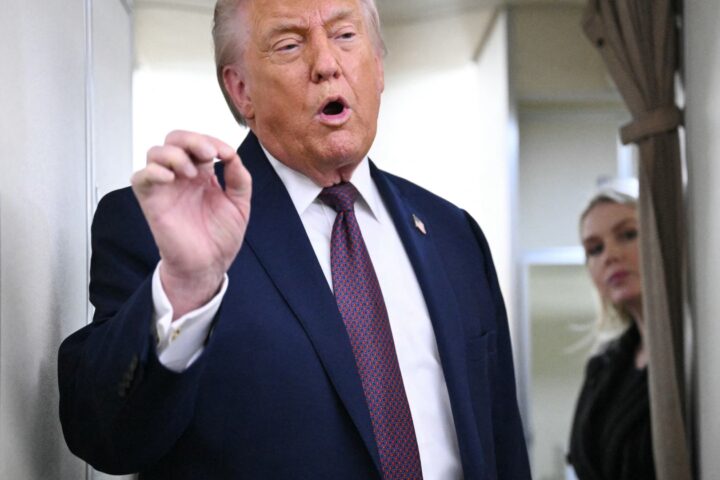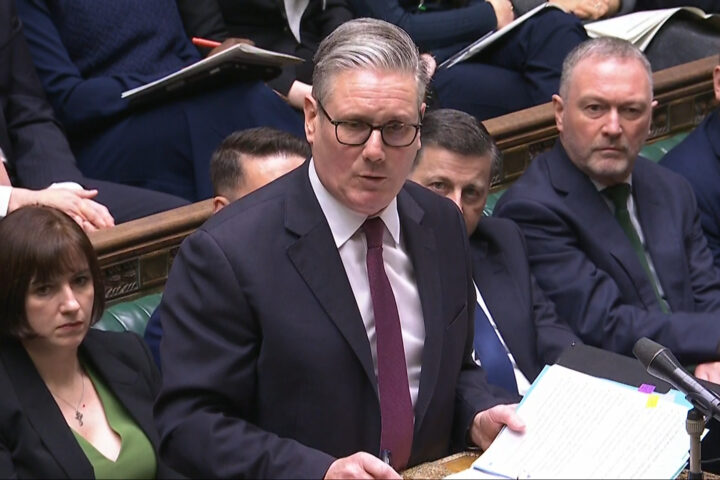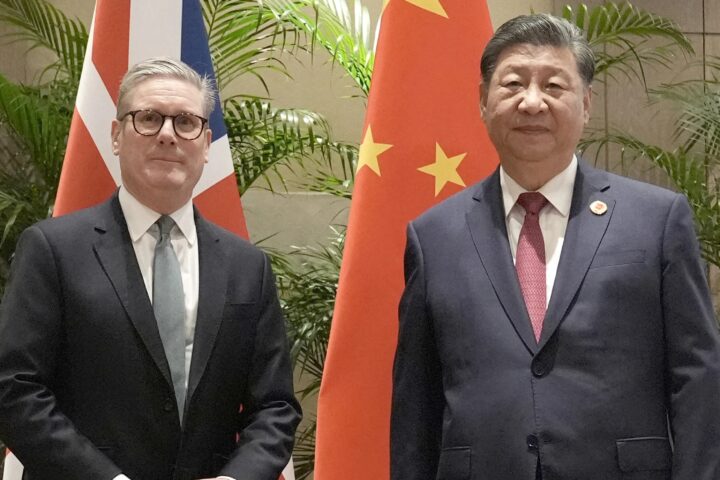On August 26, 2025, Economic Times reported that during the latest peace talks on Ukraine, US and Russian officials also discussed potential energy agreements. According to the outlet, Moscow sought the return of Exxon Mobil to the Sakhalin-1 oil project, which had been suspended following Western sanctions and the withdrawal of foreign investors after Russia’s full-scale invasion of Ukraine. Russian representatives also raised the possibility of acquiring American equipment for the Arctic LNG-2 project and even purchasing US nuclear icebreakers for use along the Northern Sea Route. The Kremlin reportedly framed these proposals as incentives for concessions in the political dialogue.
Kremlin seeks relief from sanctions pressure
More than three years into the war, Russia remains in deep economic and technological isolation. Sanctions have cut off access to Western capital markets, modern extraction technologies and large segments of the global energy industry. Despite record earnings from “grey” oil and gas exports to India, China and Middle Eastern buyers, Moscow struggles to maintain offshore and Arctic projects. Against this backdrop, Russian negotiators are attempting to use the peace process not only to ease political tensions but also to reopen economic channels to the West.
Risks of undermining the sanctions regime
While renewed involvement of American companies could appear mutually beneficial — Exxon Mobil regaining lucrative contracts, Russia gaining advanced technology — analysts warn such a move would erode the sanctions framework painstakingly built since 2022. Any US investment in Russian projects would funnel revenues back into Moscow’s budget, strengthening its military capabilities rather than the peace process. This dynamic could create the paradox of Western nations indirectly financing the very war they seek to contain.
Strategy of economic leverage
Observers note that Moscow has long used negotiations as a tool of economic leverage. During the Minsk agreements a decade earlier, Russia promised de-escalation while simultaneously rearming. Today, a similar tactic appears at play: offering the illusion of peace in exchange for real financial resources. For the Kremlin, Exxon Mobil’s return to Sakhalin-1 would serve as both an economic boost and a propaganda victory, demonstrating that even leading US corporations are compelled to resume business with Russia. Such a precedent could embolden other energy giants to follow suit, weakening the integrity of Western sanctions.
Potential divisions within Western alliances
The re-entry of US firms into the Russian energy sector could also strain relations with European allies. EU states have committed billions of euros in military and financial aid to Ukraine; if Washington simultaneously reopens business ties with Moscow, it risks sending a message of double standards. This may fuel divisions within NATO and the EU, where some members could feel betrayed while others might be tempted to resume their own commercial links with Russia. In such a scenario, Moscow would gain more politically than economically, exploiting cracks in Western unity.
Long-term strategic consequences
Short-term economic incentives could carry heavy costs for Western security. Access to US technologies and investments would allow Russia to rebuild parts of its defense-industrial base, offsetting the effects of sanctions. Revenues from projects like Sakhalin-1 would feed directly into the state budget, and by extension into weapons production. Beyond the battlefield, the precedent of trading sanctions relief for promises of dialogue could encourage other authoritarian regimes — from China to Iran — to adopt similar strategies. Peace talks would then risk becoming less about conflict resolution and more about bargaining chips for authoritarian governments seeking economic gains.















